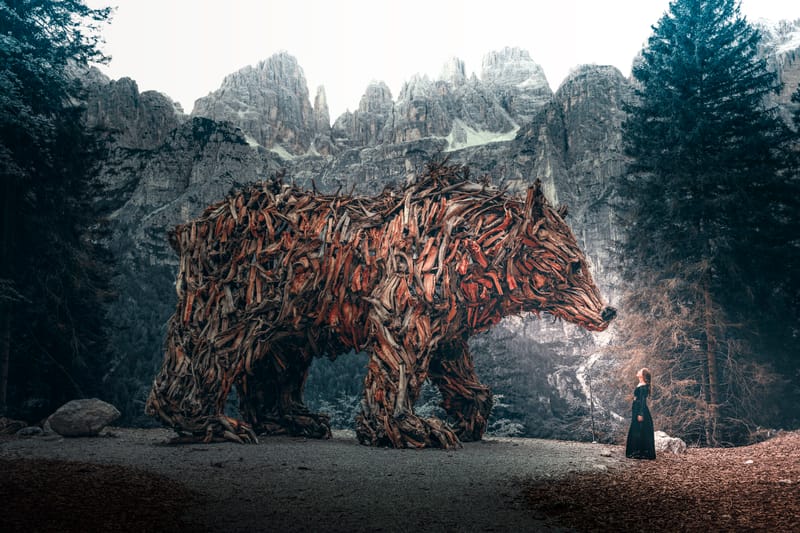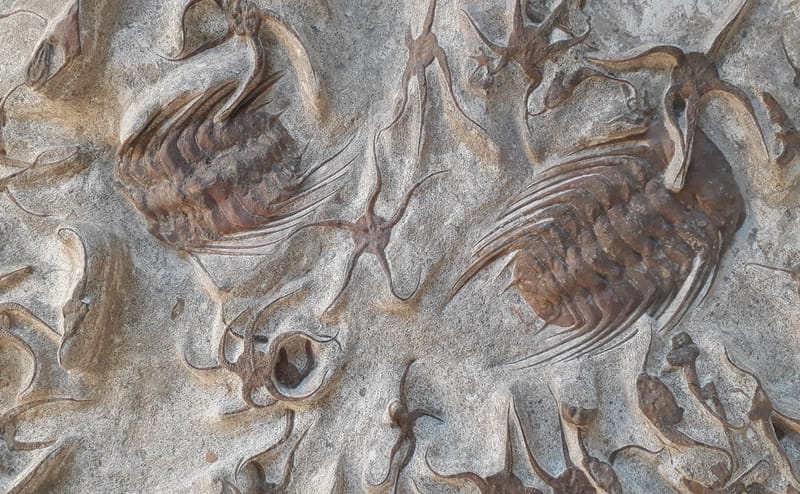Australia, away with overtourism from "horizontal waterfalls": the creator snake should not be disturbed
The government's decision to ban boat passage between the iconic Horizontal Falls divides opinion but respects Aboriginal culture.

On the one hand, traditional inhabitants who demand that the sacredness of their lands be respected, and on the other hand, local tourism businesses that do not accept restrictions and bans on access. A pattern that is repeated again and again, in different parts of the world. And if sacredness is not the banner to be hoisted, the demand is the same, whether it is in the name of sustainability, protection or safety.
Because overtourism is not a phenomenon in itself, but is the child of the same system that expresses itself with fast fashion, with livestock farms, with hyper-processed food, with pollution that threatens the irreversibility of the damage produced. The same system that places people in the definition of "consumers" and obeys only one law: profit maximization, without looking anything or anyone in the face, dribbling the established law as best it can. Which is not enough!
The closure of the Horizontal Falls
As of 2028, Australia's famous Horizontal Falls will no longer be able to be traversed by boats. The ban will take effect for all tour operators in 2026, except for Horizontal Falls Seaplane Aventures, the main tour operator in Talbot bay, which will be allowed to continue boat tours until its license expires in 2028.
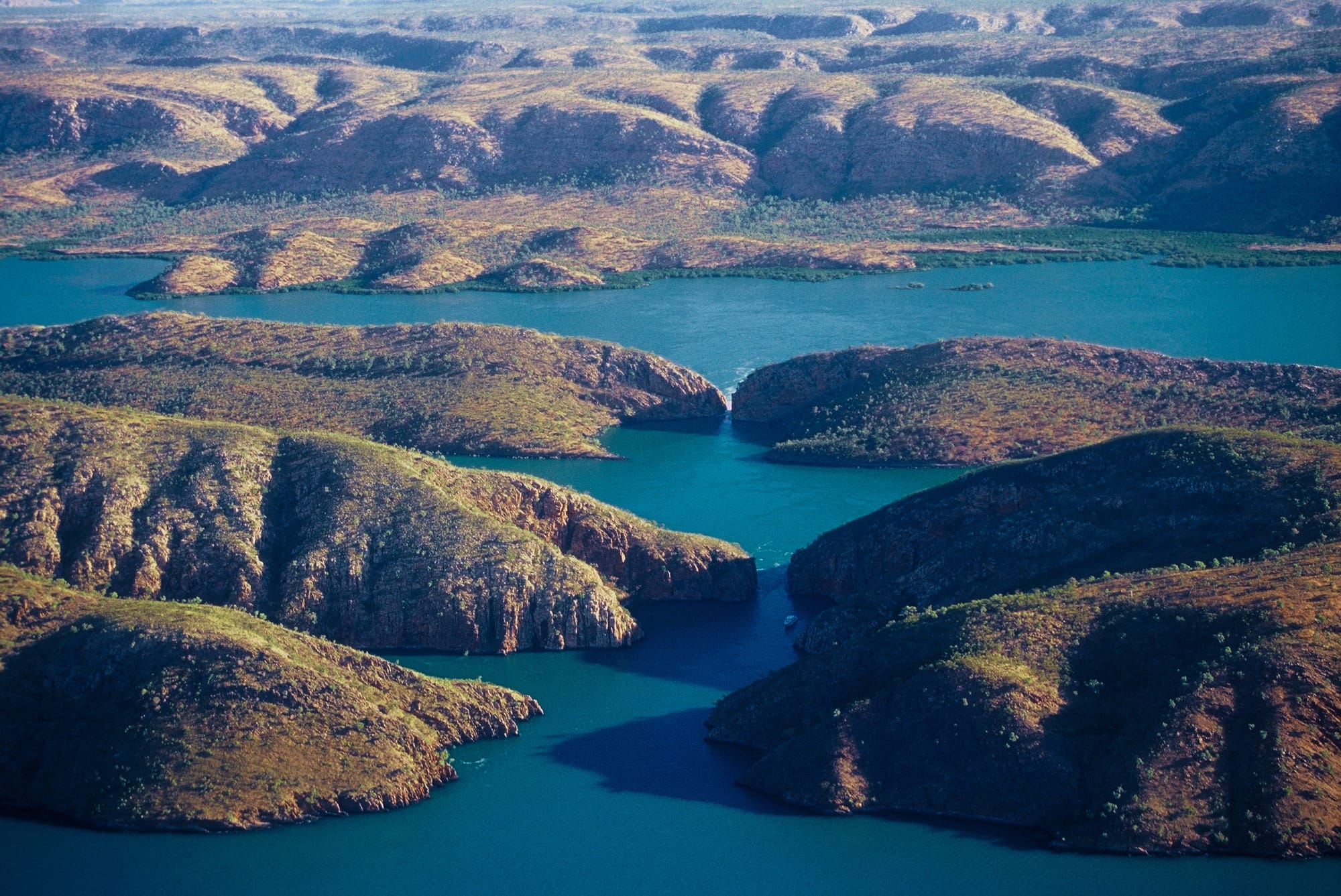
The Horizontal Falls are located on the northwest coast of Australia, within the protected marine park co-managed by the state government and Aboriginal people. The site is famous for the fascinating natural phenomenon between the cliff crevices, narrow sea corridors between the rocks where the water swells, generating foaming tides that resemble horizontal waterfalls. Among the main attractions of Western Australia, these channels are traversed by the traffic of tourist boats that offer a thrill-and-fun experience; little in keeping with the sacred value of the place, ascribed by those who have lived this land for more than 50 thousand years.
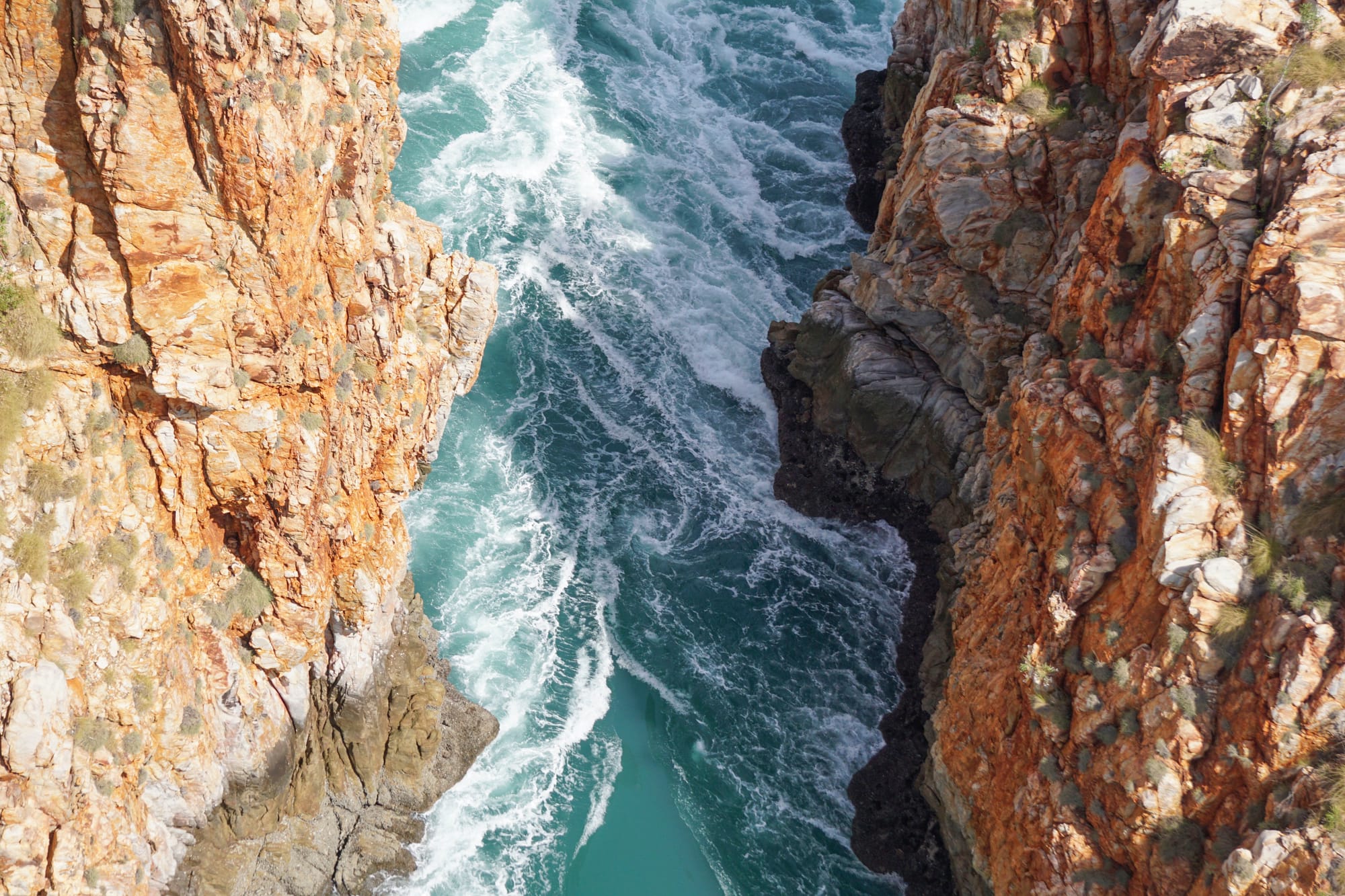
Native vision
The Dambimangari Aboriginal Corporation (DAC), which represents the traditional owners of the area, urged a stop to navigation of the falls citing the sacredness of the site.
For aborigines, the tide between rocks is generated by the slithering of Woongudd, the mystic serpent, and the passage of boats would represent a disturbance to the entity. In Aboriginal culture, there is a place-time inhabited by totemic beings, called "dream time," which can be reached through dreams but which, at the time of the creation of the world, coexisted with the reality we know now. Traces of "dreamtime" remain in physical reality: rivers, mountains, canyons, etc., are traces of dances, fighting, and the passage of Dreamtime entities , giant zoomorphic creatures. In some places, theaters of particularly relevant mythological events, powerful energies reside, which can manifest themselves in very particular natural phenomena. This is for Aboriginal culture the "dream of place," a kind of Genius loci that belongs to the place and to another dimension at the same time.
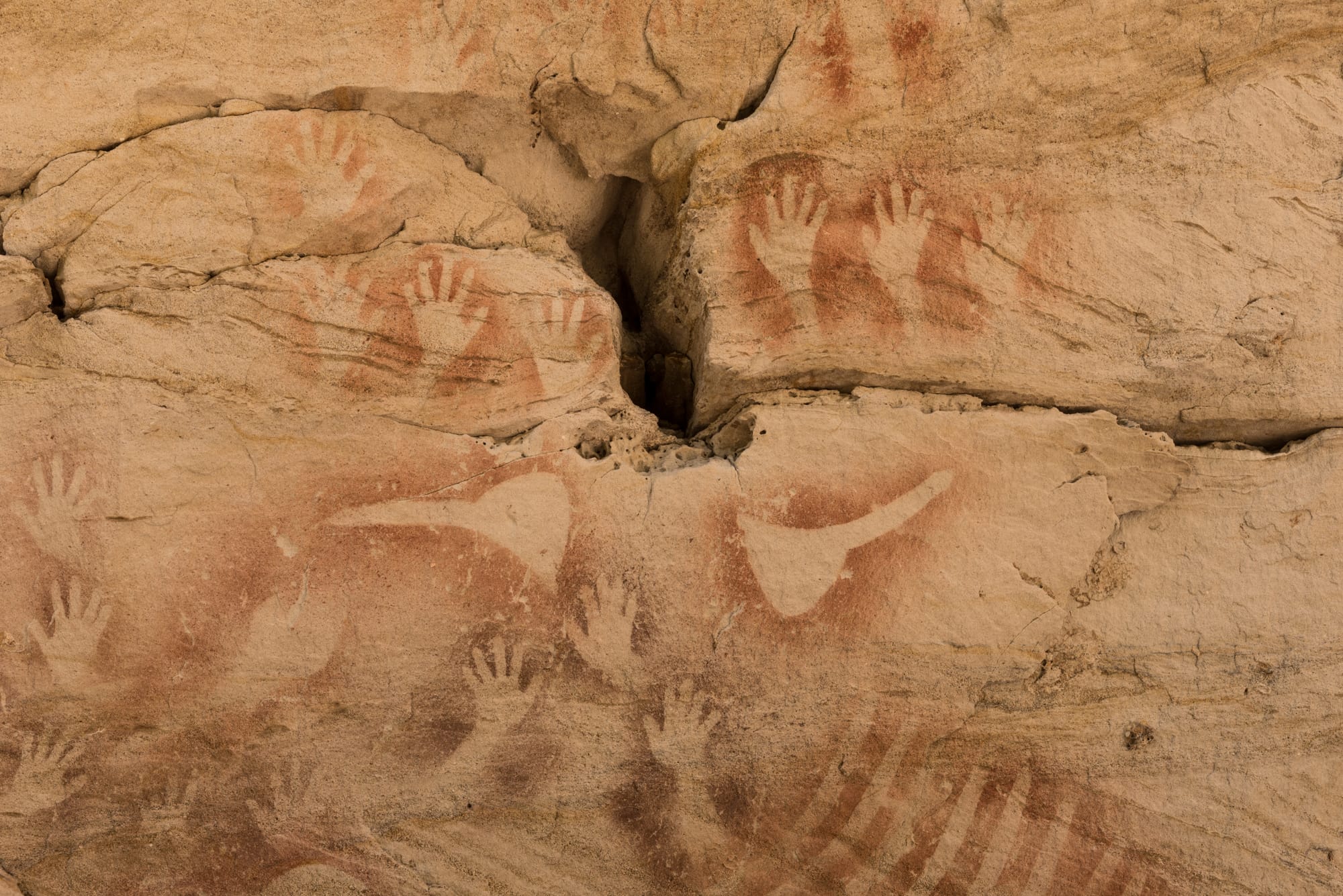
Disputes
Tourism Council WA (Tourism Council of Western Australia) chief executive officer Evan Hall expressed his disappointment with this decision, asserting that "National parks are public lands and waters that belong to everyone," and that "traversing the Horizontal Falls and diving with whale sharks are the two iconic nature tourism experiences that draw visitors to Western Australia from all over the world. It is impossible to measure how many visitors will decide not to come to WA or visit the North West without this trump card." For Hall, "the legislative goal of national parks includes promoting and facilitating nature tourism and public recreation; this is not accomplished by limiting visitor access or closing down successful nature tourism experiences."
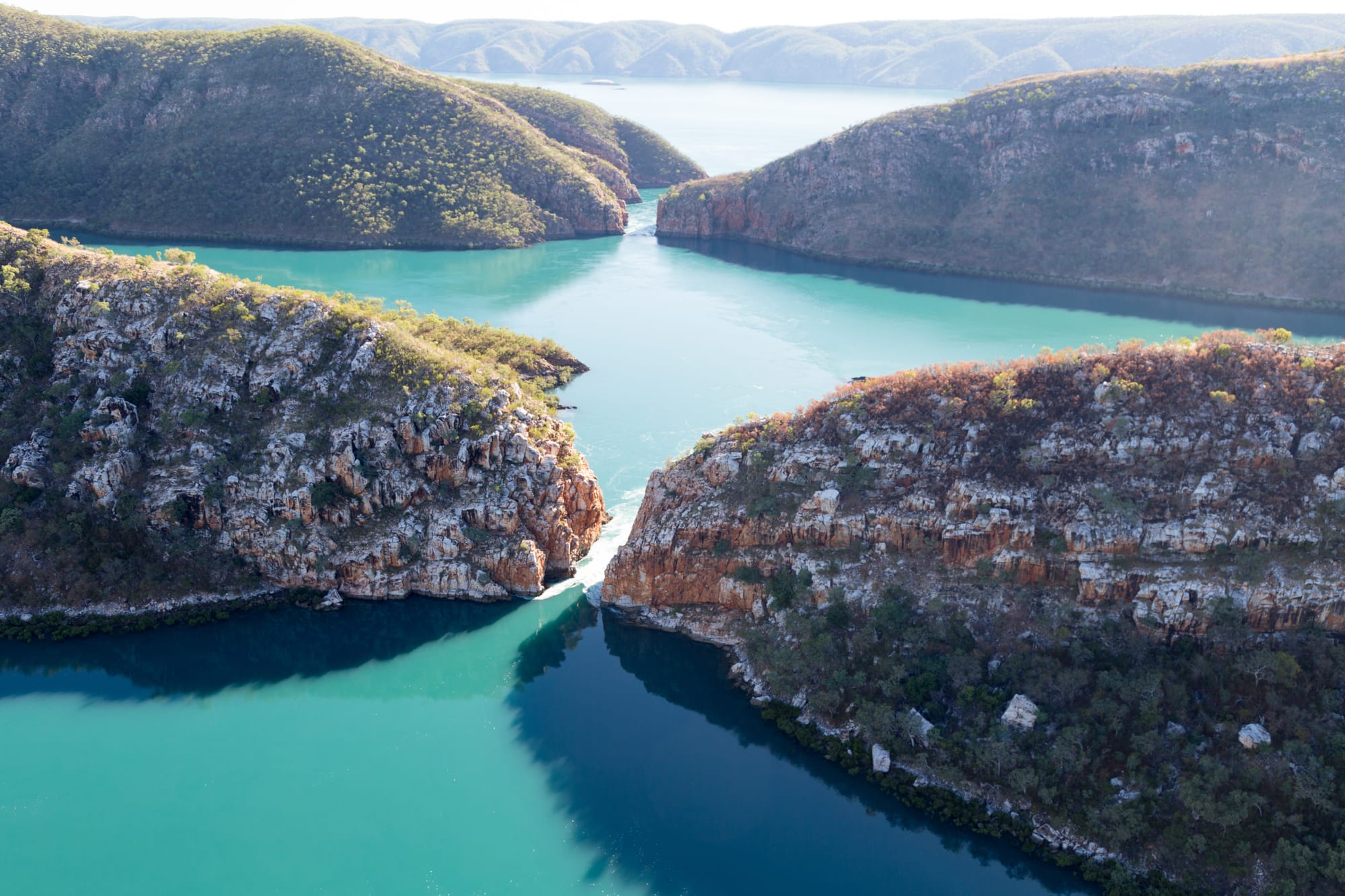
Talbot Bay's tourism revolution
Aboriginal concerns about the practice date back to the 1990s, but a serious accident two years ago that injured many passengers helped hasten the government's decision to stop the boats. The ban will not prevent access to the park or navigation in the bay, only crossing the gorges.
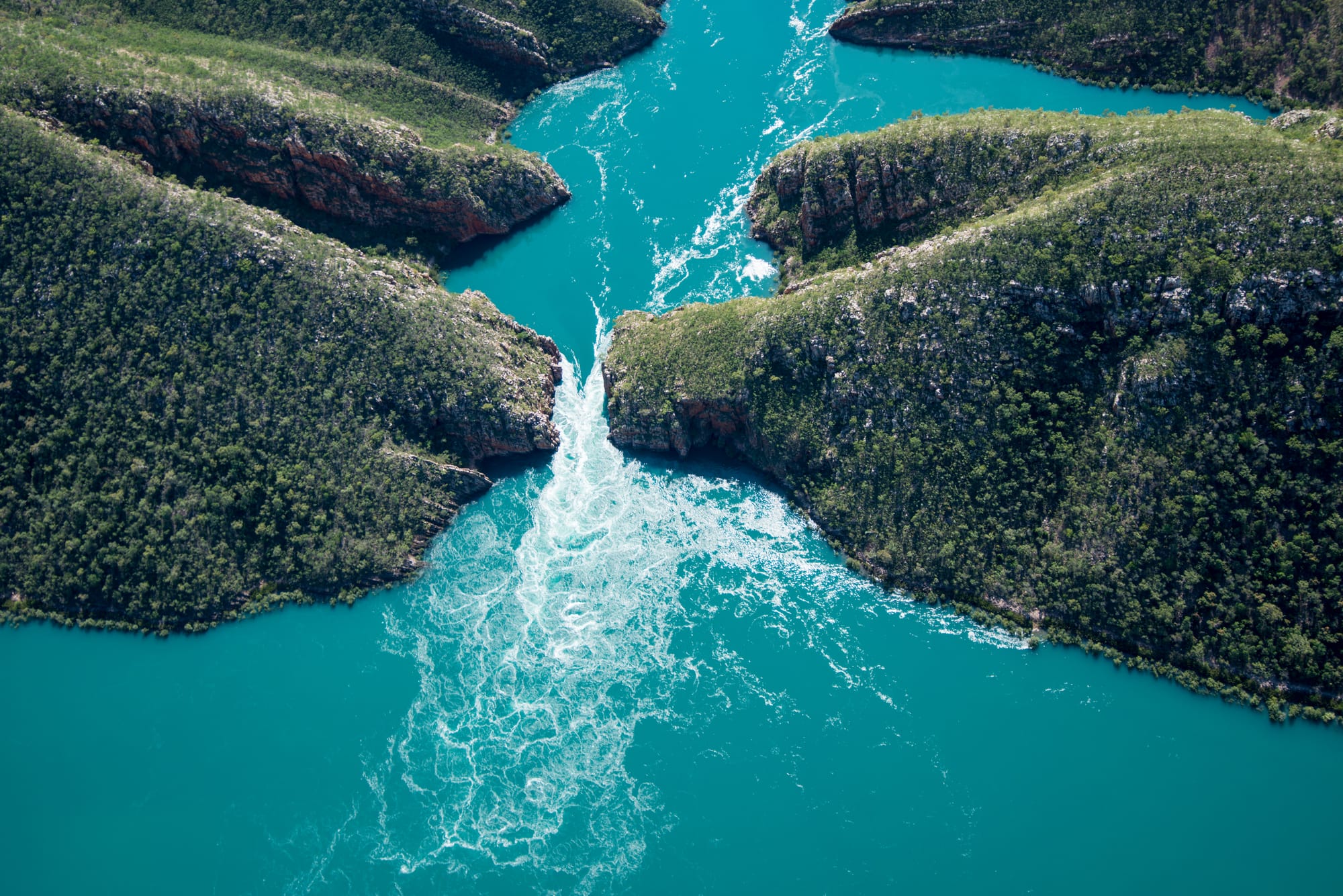
Environment Minister Reece Whitby called the ban "a positive change based on mutual respect, understanding and a shared vision to showcase Western Australia's cultural and natural values." He added, "We want people to experience indigenous culture as an essential and vital part of visiting jointly managed national and marine parks across Western Australia."
A new and more respectful way of visiting the horizontal falls, experiencing the authenticity of the place that is also its culture, is what Aboriginal people also hope for. "We hope that Talbot Bay and Garaan-ngaddim (the Aboriginal name for the horizontal falls, ed.) will continue to attract visitors and that the falls will no longer be seen only as dangerous thrill rides," commented Cassandra McCumstie, CEO of DAC. We believe there are better ways for visitors to experience the magic of the horizontal falls and support us in protecting this sacred site."





